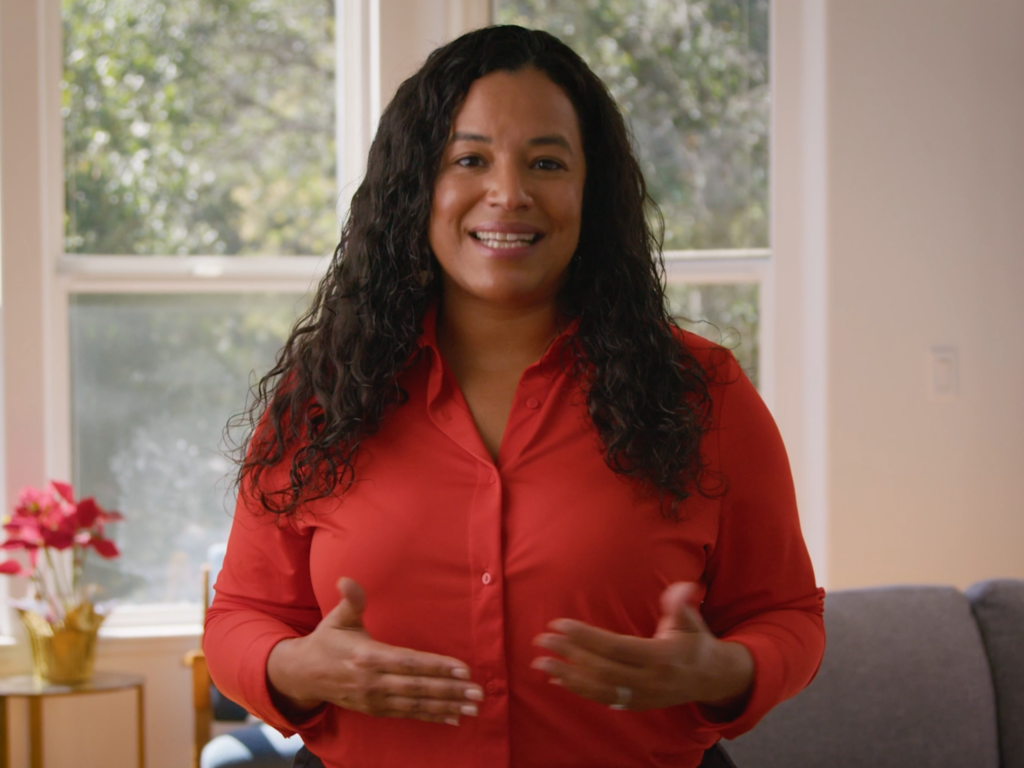This guest post is from Bill Jackson, founder and CEO of GreatSchools, who was one of the very first entrepreneurs to receive an investment from NewSchools Venture Fund.
 This year’s NewSchools Summit focuses on the promises and perils of education entrepreneurs going mainstream. Thanks to the Obama Administration, education entrepreneurs are no longer toiling off in the corner – they’re being asked to run the show.
This year’s NewSchools Summit focuses on the promises and perils of education entrepreneurs going mainstream. Thanks to the Obama Administration, education entrepreneurs are no longer toiling off in the corner – they’re being asked to run the show.
I see a lot of opportunities and challenges here. Successful entrepreneurs have to figure out how to scale their initiatives without losing quality. Where do we find great teachers? How should we develop processes and culture to systematize and replicate excellence? How will we overcome the political and regulatory hurdles?
But there is a flip side, which I think is equally important: How can we make the existing system more entrepreneurial?
I live in San Francisco, where I sometimes follow the activities of our Board of Education. As I’m sure is the case in other cities, monitoring the board here can be an exercise in frustration. There are, of course, personality conflicts and “tribal” conflicts. But what often upsets me is what the board doesn’t do: think backwards from the results it wants for children to the policies it should put in place today.
As I see it, “thinking backwards” is the essential prerequisite of social entrepreneurship. While educators entrenched in established systems are often just trying to get by, social entrepreneurs are imagining new solutions in order to accomplish fundamentally better results for children.
But these organizations, including the San Francisco Unified School District, are filled with people who want to produce better outcomes for children. Social entrepreneurs are already lurking inside the system – they just need more power. Here are three ideas for liberating and encouraging entrepreneurs working within school systems:
- Start grassroots organizations that demand more great schools. Today, the agenda at many school board meetings is dominated by fights over adult interests. To change this, we need new large-scale grassroots organizations that represent the interests of parents and children stuck in failing schools. We need more organizations like Stand for Children and the Parent Revolution to demand that schools focus on providing better results for children.
- Invent more balanced school evaluation systems. We want parents to demand better results, but what does that mean exactly? While results-oriented entrepreneurs obsess about test scores, many parents are also concerned about safety, discipline, and after-school programs. To build stronger constituencies for better results, we need more balanced ways to assess and report school quality — accessible and compelling to parents and policymakers alike. At GreatSchools, we’re working on this.
- Run for the school board. Mayors control schools in only a few high-profile locations. If an entrepreneur wants to change the way a school board (and community) considers education, there is no better way to make this happen than to get in there and run for election. Teach for America and Education Pioneers are encouraging and supporting their alumni to go for it; we need many more!
I look forward to chatting with colleagues about these ideas and more at the NewSchools Summit next week.
Bill Jackson is an entrepreneur who came to recognize the extraordinary influence parents have over their children’s education while teaching in the U.S. and China in the late 1980s. After working as an Internet entrepreneur in the 1990s, he founded GreatSchools in 1998 to tap the power of this new medium to help parents be more effectively involved in their children’s education. Bill is also a member of the California P-16 Council, and contributes to GreatSchools’ blog.


